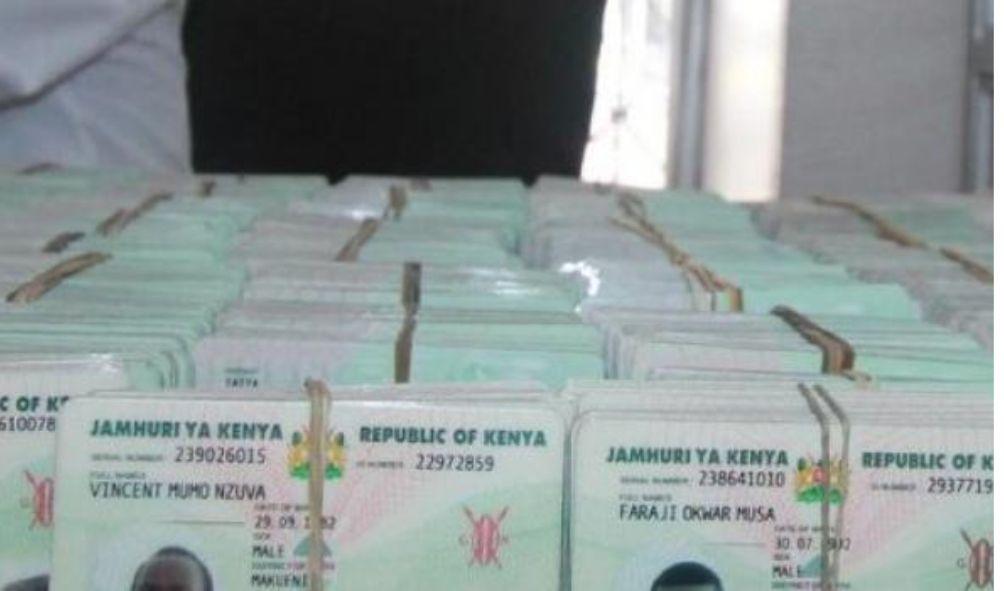Revamp Your Name: Easy Steps to Change, Rearrange, or Remove
A name change may occur due to errors during initial registration, changes in faith, marriage, divorce, or other reasons.
A person’s name is more than just an identifier; it conveys aspects of one’s identity, cultural background, and legal status.
Life changes often lead individuals to reconsider their names. Whether due to marriage, divorce, or personal change, the name change process requires navigating legal procedures.
This article explores the name change process in Kenya, outlining the legal requirements involved.
Application for a deed poll
A deed poll is a legal document that signifies a change of name. To start the process, an individual must fill out Form 1, part of the Regulations to the Act.
The completed deed poll, along with the birth certificate, is submitted to the Registrar of Documents for official registration.
The Registrar of Documents office is located in Sheria House on Harambee Avenue, with other regional offices across the country.
The individual seeking the name change must appear in person before the registrar to confirm their identity and intentions.
The deed poll includes renouncing the previous name and adopting a new one.
Additionally, it authorizes others to use the new name.
The deed poll must be signed by an advocate, magistrate, or commissioner for oaths. A fee of Sh500 is paid to the Registrar of Documents at this stage.
Required documentation for name change
The name change application requires several key documents, including:
- A letter from the area chief confirming the applicant’s citizenship and residency.
- A fingerprint printout from the registrar of persons.
- An affidavit from a witness who has known the applicant for at least ten years.
- Two passport-size photos.
- Birth certificate and parental identification cards.
- Marriage or divorce certificates and school leaving certificates.
Registrar’s review and publication
Once all legal requirements are met, the deed poll is registered at the Principal Registry.
The registrar then publishes the name change in the Kenya Gazette, informing the public of the alteration.
Circumstances under which a name change may be rejected
- The registrar may reject name change requests that involve:
- Names that are difficult to pronounce or contain numbers, symbols, or offensive language.
- Names that promote criminal activity, racial or religious hatred, or insult individuals or entities.
- Names that suggest titles, ranks, or academic distinctions such as sir, lord, or professor as first names.
Finalizing the name change
After registration and publication, the individual must update their name on all official records, such as identification cards, passports, driver’s licenses, bank accounts, and academic certificates.
Legal considerations following a name change
- Identity verification: Notify relevant authorities and institutions of the name change for smooth communication and verification.
- Inheritance and property rights: A name change does not affect these rights, but updating legal documents is crucial to avoid confusion or disputes.
- Minors: Name changes for minors require parental consent and may involve different procedures. Legal advice is recommended for compliance.
Revamp Your Name: Easy Steps to Change, Rearrange, or Remove
